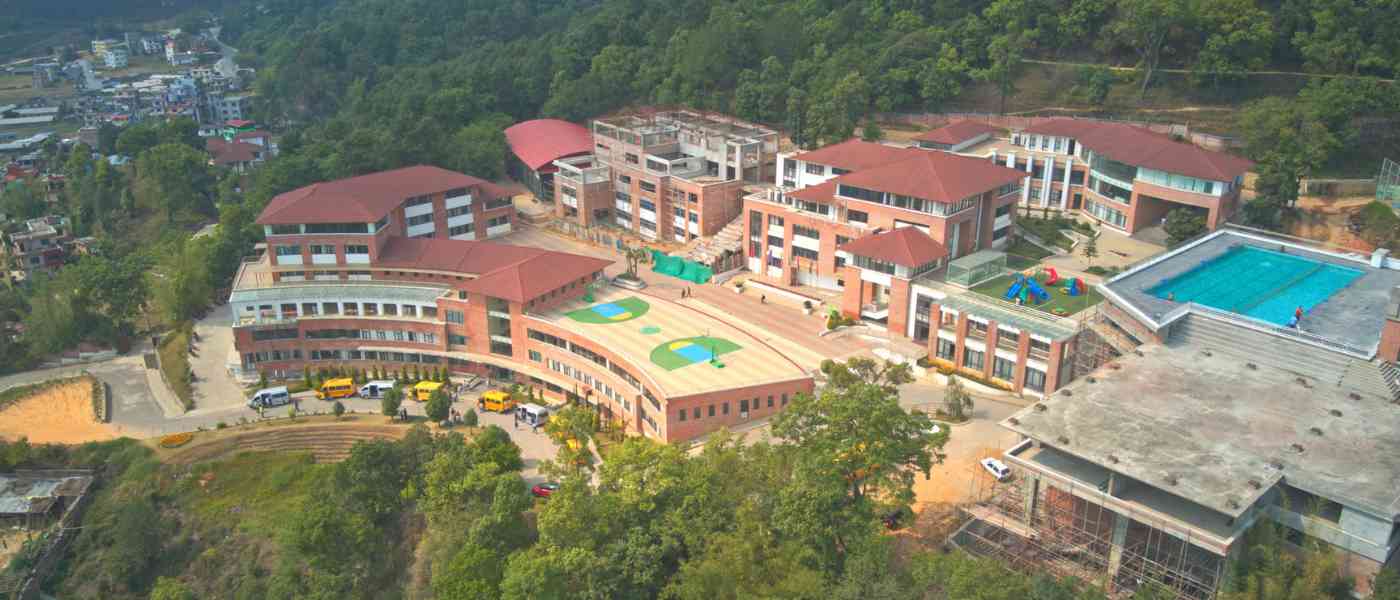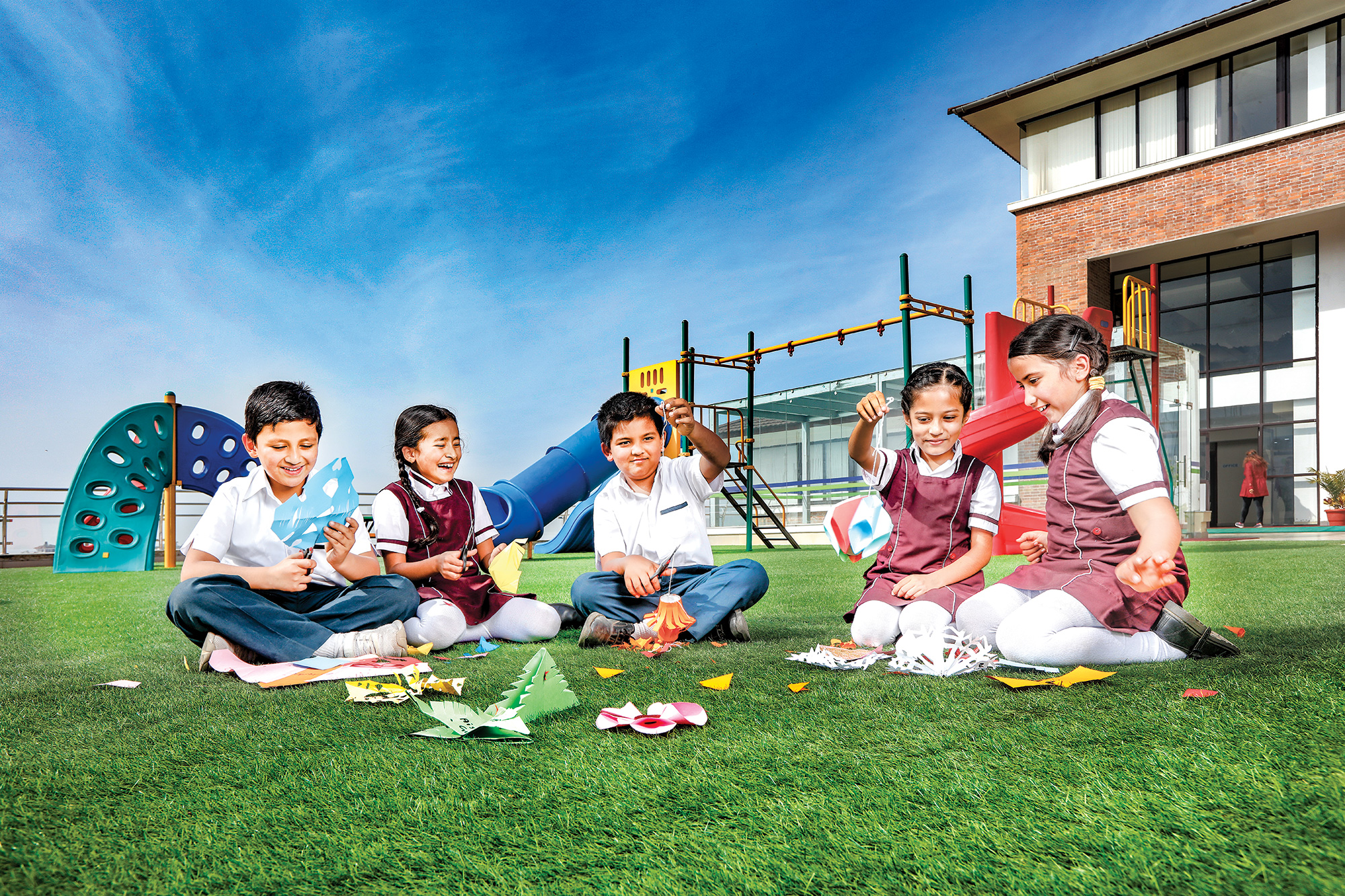Education transcends the boundaries of textbooks and classroom lectures; it encompasses experiences outside the traditional academic sphere, which play a significant role in shaping students' holistic growth. Extracurricular activities, offering avenues for social engagement, skill development, and personal growth, are crucial in molding well-rounded individuals.
Extracurricular activities, offering avenues for social engagement, skill development, and personal growth, are crucial in molding well-rounded individuals. These activities, often overlooked in their importance, are essential supplements to the academic curriculum, providing students with opportunities to explore their interests, discover new talents, and develop crucial life skills.
Diverse Opportunities for Growth
Extracurricular activities include a broad spectrum of choices encompassing sports, performing arts(dance,music & drama) , academic clubs, debates, quizzes, visual arts and more. All of these choices are generously provided to our students at Kathmandu World School with an avenue to explore their talents and passion.Â
We believe that each activity offers unique benefits, catering to different interests and aptitudes. For instance, team sports like football teach children the importance of teamwork and discipline, while art classes expose them to various artistic techniques and forms of self-expression.Â
Kathmandu World School also has academic clubs such as debate or chess hone critical thinking and problem-solving skills, preparing students for challenges beyond the classroom. The range of extracurricular activities available ensures that every student can find something that resonates with their interests and strengths.
Benefits of Extracurricular Activities
Enhanced Academic Performance:
Contrary to the misconception that extracurricular activities distract from academic success, research shows that involvement in such activities can actually improve academic performance. So, Kathmandu World School emphasizes more on participation in activities like debate clubs or science fairs allows students to apply theoretical knowledge in practical contexts, fostering critical thinking and creativity. Moreover, engagement in extracurricular pursuits cultivates essential time management and organizational skills, helping students balance academic responsibilities with their extracurricular interests.
Development of Life Skills:
Extracurricular activities offer invaluable opportunities for the development of life skills that may not be explicitly taught in the classroom. Whether it's playing team sports, participating in performing arts, or engaging in community service, students learn important skills such as leadership, communication, problem-solving, and resilience. These skills are not only essential for success in academics but also for navigating the complexities of adult life.
Boosted Self-Confidence:Â
One of the most significant benefits of extracurricular activities is the boost they provide to students' self-confidence. By stepping out of their comfort zones and taking on new challenges, students develop a sense of accomplishment and belief in their abilities. Whether it's winning a sports competition, performing in a play, or presenting a project, these achievements contribute to a positive self-image and a greater willingness to take on new challenges in the future.
Fostering Social Skills and Peer Relationships:Â
Extracurricular activities provide students with opportunities to forge meaningful social connections and friendships outside the confines of the classroom. Whether they're collaborating in team sports, rehearsing for a play, or participating in a community service project, students learn important social skills such as cooperation, empathy, and conflict resolution. These interactions not only enrich their social lives but also prepare them for success in future personal and professional relationships.
Exploration of Interests and Passions:
Extracurricular activities allow students to explore their interests and passions in a supportive and enriching environment. Whether it's pursuing a hobby like painting or photography, learning a new skill like coding or robotics, or delving into a subject like literature or history, these activities provide students with an opportunity for personal growth and self-discovery. By engaging in activities they are genuinely passionate about, students develop a sense of purpose and direction that can guide them in their academic and career pursuits.
Stress Relief and Well-being:Â
In today's high-pressure academic environment, extracurricular activities serve as a much-needed outlet for stress relief and relaxation. Whether it's through physical activities like sports or yoga, creative pursuits like art or music, or simply spending time outdoors, these activities provide students with a break from the rigors of academic life and help promote overall well-being. Taking this fact into consideration Kathmandu World School fosters a sense of balance and fulfillment while involving in extracurricular activities which ultimately contribute to students' mental, emotional, and physical health.
In conclusion, extracurricular activities are an integral part of a student's educational journey, offering a multitude of benefits that extend far beyond the confines of the classroom. From enhancing academic performance to developing life skills, boosting self-confidence, fostering social connections, exploring interests, and promoting well-being, these activities play a vital role in shaping well-rounded individuals who are prepared to succeed in all areas of life.


